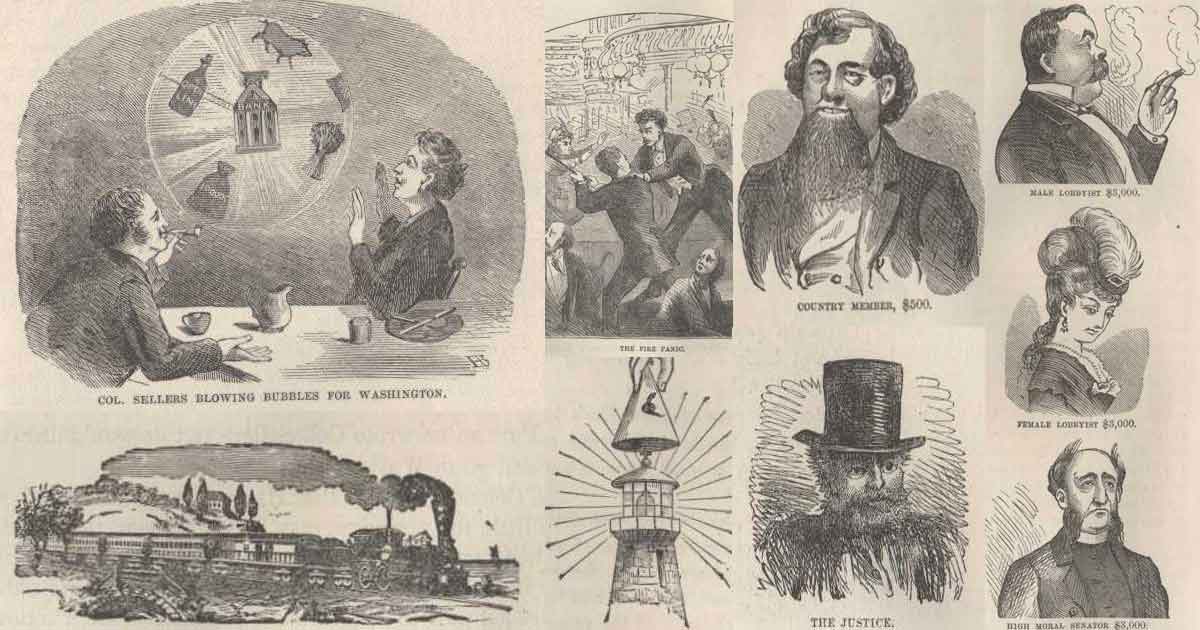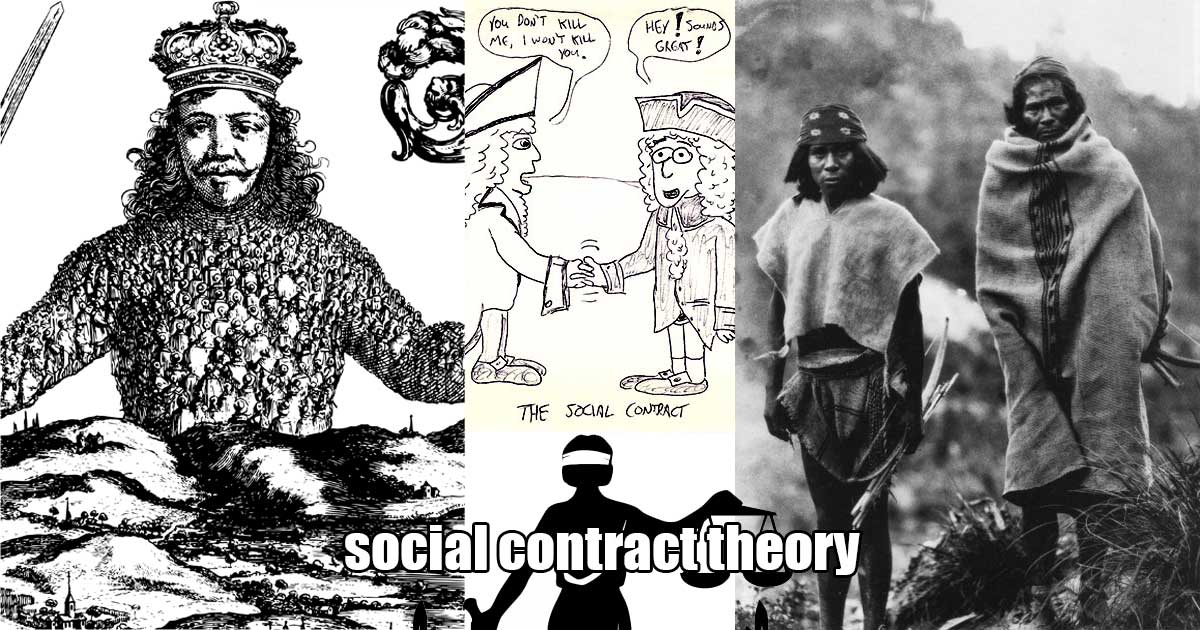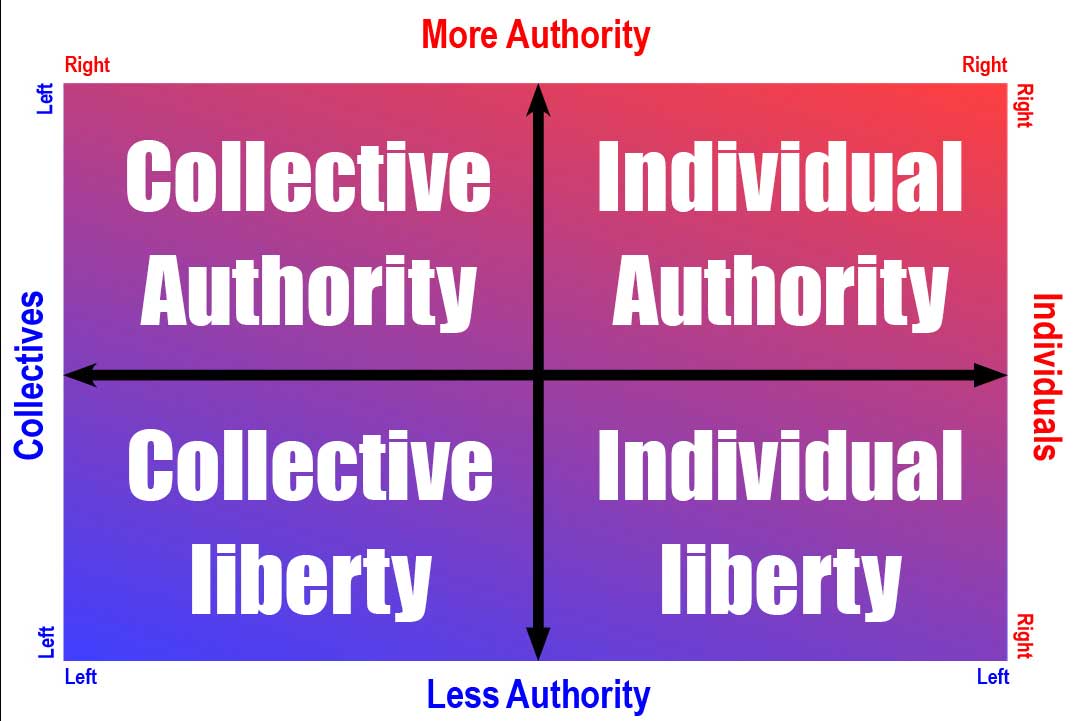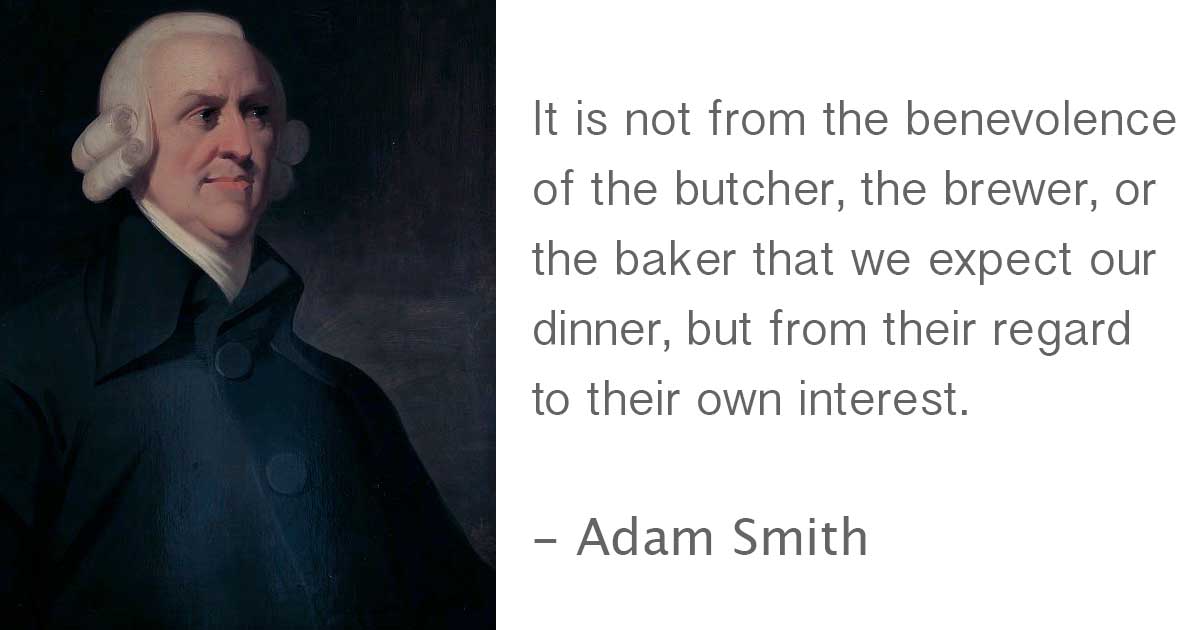Andrew Carnegie’s Gospel of Wealth Explained and Annotated

Below we present an annotated version of Andrew Carnegie’s 1889 essay Wealth (better known as the Gospel of Wealth).
Competition is the concept of competing. Humans are social creatures, thriving on competition and cooperation, from sports, to games, to markets, to mating, to viruses, to the animal kingdom, to systems in entropy striving to conserve energy, the universe is a system of competition and collaboration.

Below we present an annotated version of Andrew Carnegie’s 1889 essay Wealth (better known as the Gospel of Wealth).

Social Contract Theory is the theory of why people form governments based on how people lived in a State of Nature before government.

Collectivism describes ideology (political or otherwise) that favors the collective, like-wise Individualism describes ideology that favors the individual.

We explain Adam Smith as a Moral Philosopher, and explore how his Theory of Moral Sentiments connects to his economic theory from The Wealth of Nations.

“The invisible hand” is a term used by Adam Smith to describe the theory that self-interest leads to social and economic benefits in a free-market.